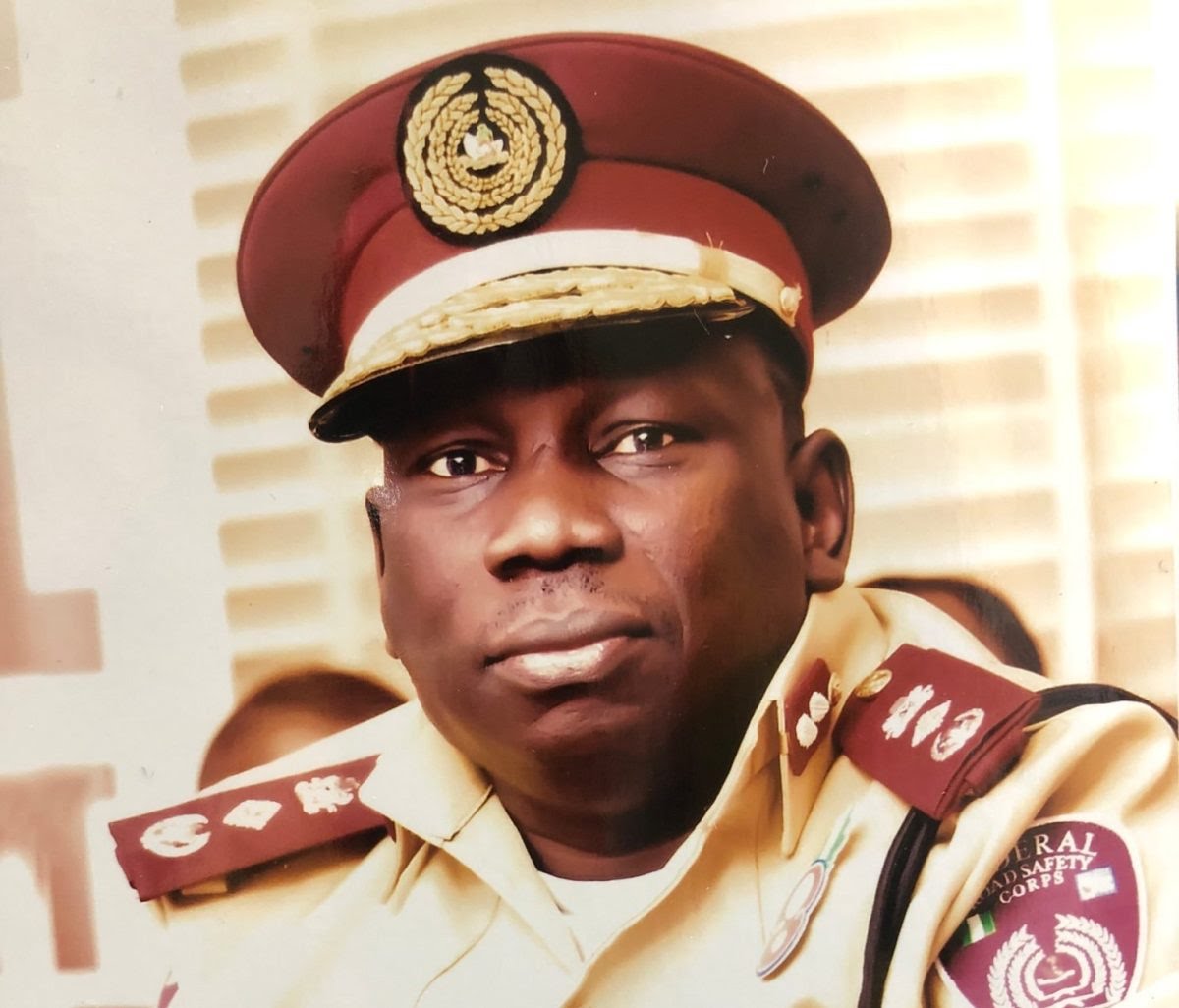News
We actively work to prevent brain, spinal cord injuries on Nigerian roads – FRSC

The Federal Road Safety Corps (FRSC) said it was taking significant steps to address the increasing cases of brain and spinal cord injuries caused by road traffic crashes in Nigeria.
Corps Marshal Dauda Ali Biu said this on Wednesday in Abuja, at the National Brain and Injury Conference.
It was reported that the conference was organised by the Brain & Spine Foundation Africa, (BSFA), an NGO.
Biu, who was represented by Mr Davidson Okuobeya, Chief of Medical Operations, FRSC, emphasised the importance of raising public awareness and implementing emergency rescue measures to prevent the life-threatening injuries.
He said that the theme of the conference reflected the urgent need to tackle the issue in the country.
According to him, available records show brain and spinal cord injuries are among the most severe consequences of road traffic crashes.
“The FRSC, as the lead agency in road traffic administration and safety management, places a high value on human life and is committed to preventing avoidable accidents on the nation’s highways.
“To achieve its mission of eradicating road traffic crashes and creating a safe motoring environment, the FRSC has implemented various measures.
“These include the establishment of 60 Zebra Points under its Emergency Ambulance Services, 30 Road Traffic Crash Clinics/Help Areas, and 25 Medical Centres across the country.” he said:
He said the FRSC also focused on sustained enforcement to apprehend traffic offenders, as well as advocacy and public enlightenment campaigns in Churches and Mosques.
Additionally, he said that the Corps conducted medical outreaches in motor parks, targeting vulnerable drivers and providing free treatment.
Furthermore, he said that the FRSC trained patrol operatives and paramedics in critical corridors nationwide on best practices for handling road traffic crash casualties.
“This training aims to limit further injuries and complications such as brain and spine injuries.
“The Corps has also collaborated with the Federal Ministry of Health through the National Emergency Medical Services and Ambulance System (NEMSAS) to pilot the first National Ambulance Services in Nigeria.”
Additionally, they have established a call centre with a toll-free number: 122, to respond to all emergency situations promptly,
He emphasised the need for a multi-sectoral approach to combat the scourge of brain and spinal cord injuries.
“The FRSC welcomes collaboration with organisations like the Brain & Spine Foundation Africa to raise awareness about the devastating implications of these injuries.
“Not only do victims suffer permanent incapacitation, their families also face the challenges of caregiving and the nation incurs significant economic costs due to medical tourism abroad,” he said.
Dr Douglas Emeka Okor, Consultant Neurosurgeon, said there was an urgent need for the Federal and State Governments to fix the country’s roads.
Okor called for a new culturally relevant and realistic strategy to improve the training and attitudes of Nigerian drivers.
He advised that every FRSC unit on the highway should have at least two individuals who were paramedics.
“Every FRSC unit in a particular locality must know the nearest health facilities and their capacity – from a geospatial point,” he said.
Mr Chika Okwuolisa, founder BEFA, said that the organisation was founded to create public awareness of brain and spinal conditions, inform and educate, support and advocate for people affected by the conditions in the sub-Saharan African countries.
Okwuolisa called for funds to amplify public awareness and education in the country.
He noted that initiating conversations and collaboration among stakeholders, especially those in the road and safety sectors, were a vital first step.
“Training first responders and raising awareness about the importance of timely medical intervention can significantly impact the outcomes for individuals affected by neurological emergencies,” she said.
She said that the conference was a powerful way to bring attention to those challenges.
“I hope our efforts lead to positive changes and a catalyst for transformative action in the country,” she said.




 Davido's Net Worth & Lifestyle
Davido's Net Worth & Lifestyle 
